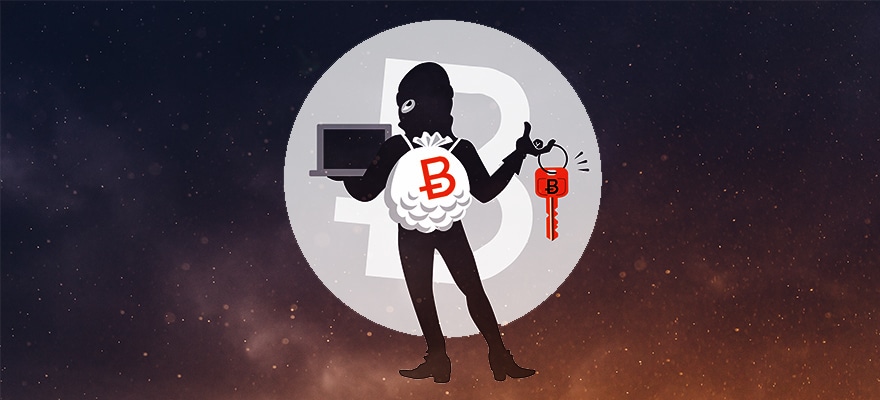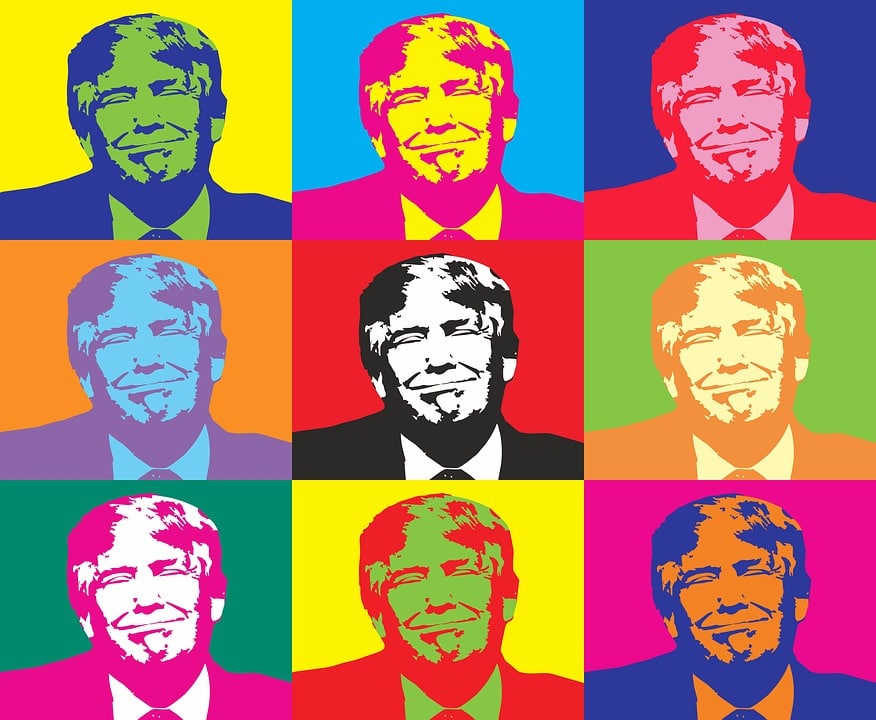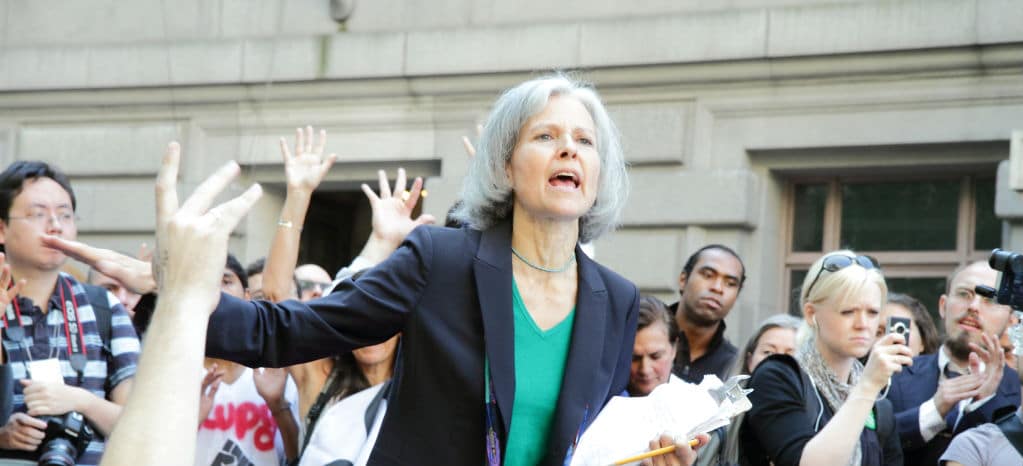This article was written by Richard Gardner, founder and CEO of Modulus Global.
Over the past few decades, technology has served as the great decentralizer. Youtube, Facebook, Twitter all offering an alternative to the once hyper-concentrated power of 'big media'. It wasn’t so long ago that news was defined by what appeared in your local newspaper or on the 5:00 broadcast. Now, information is ubiquitous through social media and instant aggregators like Google.
Recently, I wrote about Arizona’s change in state law, which ensured short-term rentals, like those stemming from decentralized Airbnb, the ability to compete without extensive local regulation. Airbnb epitomizes a massive cultural shift. Out with the large-scale, global hotel chains. In with local decentralization. Let’s not forget Uber. And eBay. The list goes on.
So, it shouldn’t be surprising that even in the world of alternative currencies, like Bitcoin, decentralization is an emerging facet. Zealous supporters of Bitcoin are quick to use their e-column inches to discuss the many intrinsic benefits of cryptocurrency, of which there are admittedly many. But, with every advantage comes a give and take. In terms of Cryptocurrencies , the question is in security.
Exchanges
After the 2014 attack on Mt. Gox, which led to a loss of $460m in Bitcoin, the stability of the whole concept was in question. The cryptocurrency’s value fell through the floor, losing half its worth within twelve months. Then, last year, the Bitstamp exchange, which at that time was the third most used Bitcoin marketplace, was breached by hackers who ran off with roughly $5.1m in cryptocurrency.
In reality, the attack on Bitstamp only wiped out a small portion of the exchange’s assets because of its storage procedures, leaving the vast majority of Bitcoins in cold storage, essentially off-site, off-line hard drives, instead of on servers in data centers, which are collectively called a hot wallet. Hot wallets are significantly more convenient for fund owners, as they facilitate faster transactions, but at the same time, their connectivity subjects them to a significantly higher risk of succumbing to a hacker.
These hot wallets are a pocket of centralization in a decentralized system. If fiat currency is the hotel industry, and cryptocurrency is Airbnb, then these hot wallets can essentially be thought of as a real estate investment firm which may control 15% of the available rental stock in the marketplace.
This centralization proves to be a problem in our world of cryptocurrency because it allows for considerably easier access to hackers, and once they’ve broken through the perimeter, there is a large stock of funds from which to pilfer. This is not significantly different than the vault of a bank, with the exception that each bank branch has its own vault. Imagine if Bank of America took the all of cash from the vaults of its thousands of branches and placed it in one central holding location. Imagine the risk.
But, let’s not stop the analysis there. As we know, Bitcoin is not recognized as a legitimate form of currency. This means government protections are not innately the same as those covering currency in a bank vault. Because governments are still in flux trying to figure out how to classify Bitcoin, security is not standardized through the same sets of regulations as it would be if it were classified in a concrete way, whether as a currency, a commodity, or something else entirely.
DAO and decentralization
The centrality issue may well see itself solved as Blockchain technologies inspire more hope and confidence. Total decentralization would, indeed, increase security from hackers, and with increased security, the semi-cottage cryptocurrency industry would expand in a more mainstream fashion. However, this isn’t to say that there won’t be growing pains during the expansion of blockchain tech. As we’ve seen this past week, blockchains have yet to be totally secured, as the Decentralised Autonomous Organisation (DAO) was hacked, resulting in transfer of roughly $50m in cryptocurrency.
The DAO was the largest crowdfunding project in history, closing a $132m round just last month, which was the basis of a corporation theoretically free from management, run by computer code. Built on the Ethereum network, the online co-op functioned with a decentralized set of members who bought tokens, allowing them voting rights within the organization. The members then democratically decided what the network should be working on in order to generate revenue.
Before the hack, the DAO held more than $150m of ether in its coffers. While the founders of the experiment expect all missing funds to be recovered, they plan to end the experiment and return the funding to investors. It is worth noting, however, that the value of ether has dropped nearly 50% since the attack.
As platforms turn towards blockchain technologies, not unlike the DAO, parties will conduct business without the need for clearinghouses, centralized exchanges, brokerages, and more. Not only would a fragmented approach make hackers’ jobs more difficult, it would also reduce costs and redundancies for a more efficient ecosystem. Nevertheless, before this can become a reality, there is much work to be done to ensure such projects are truly secure before the technology will be accepted more widely.






















